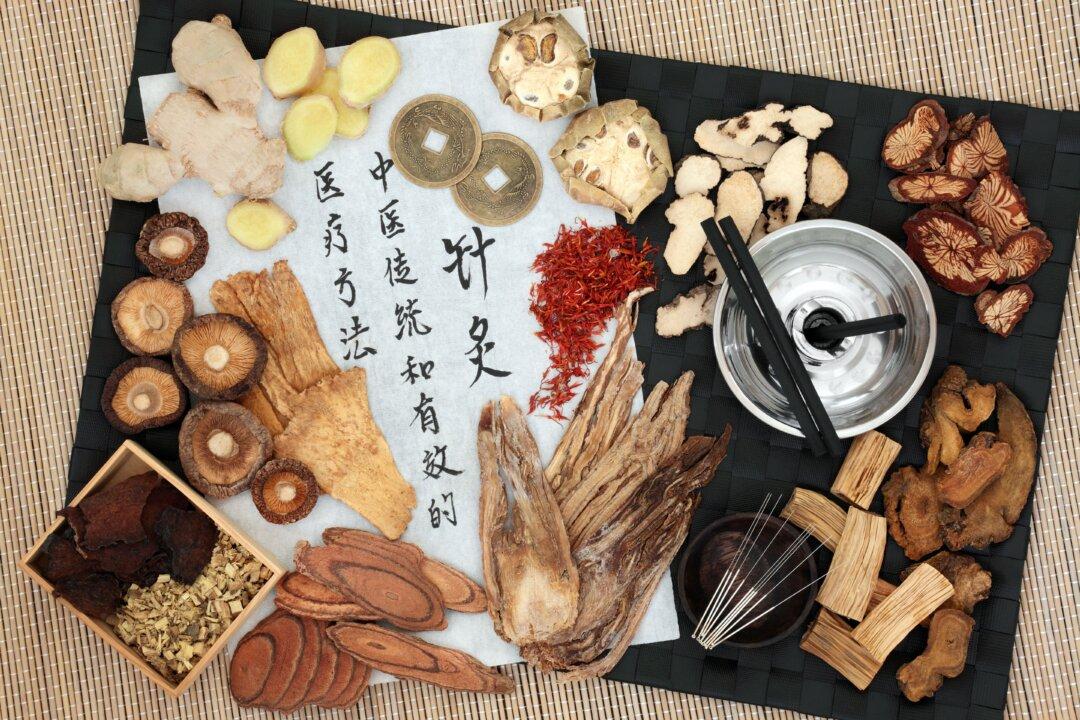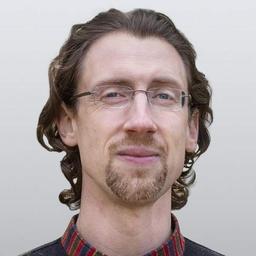Holistic medical providers come in many forms, but what they all have in common is a commitment to treating the person instead of a disease. Their scope of practice may vary widely, from traditional herbalists and bodyworkers to naturopathic physicians and functional medicine doctors.
The oldest extant practice of holistic medicine comes from ancient China. Now in its modern form—thousands of years later—traditional Chinese medicine (TCM) is more than a mature system of prescribing herbal formulas and administering acupuncture. The crown jewel of TCM is the wisdom of viewing life as an integrated and dynamic system. The health of the environment is reflected in the health of people. So too do thoughts and emotions play a role in the formation of disease.






